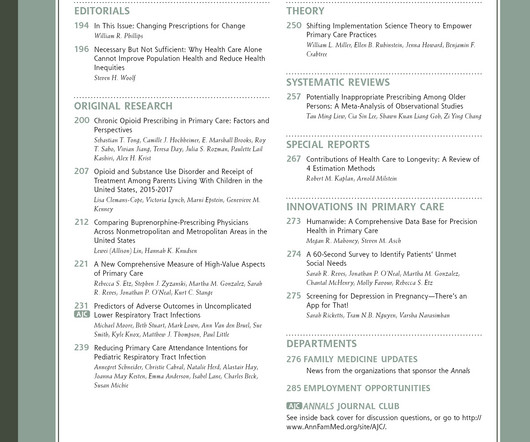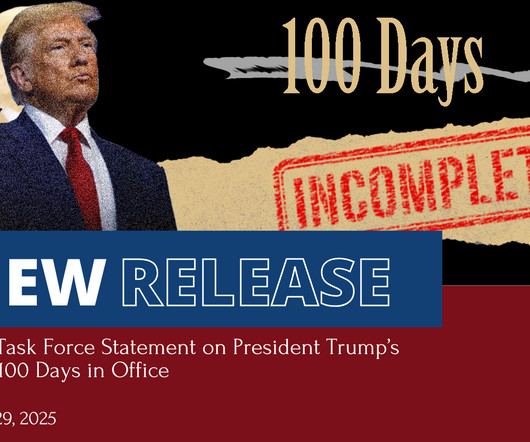Vaccine Uptake Strategies & Ethical Considerations- Part II
Integrated Care News by CFHA
MAY 8, 2025
Vaccine hesitancy is the delay in accepting or refusing vaccination despite the availability of vaccination services. It falls on a spectrum of vaccine attitudes and intentions, from those who recognize the importance of vaccines and accept all vaccines on one end of the spectrum to those who refuse all vaccines.














Let's personalize your content